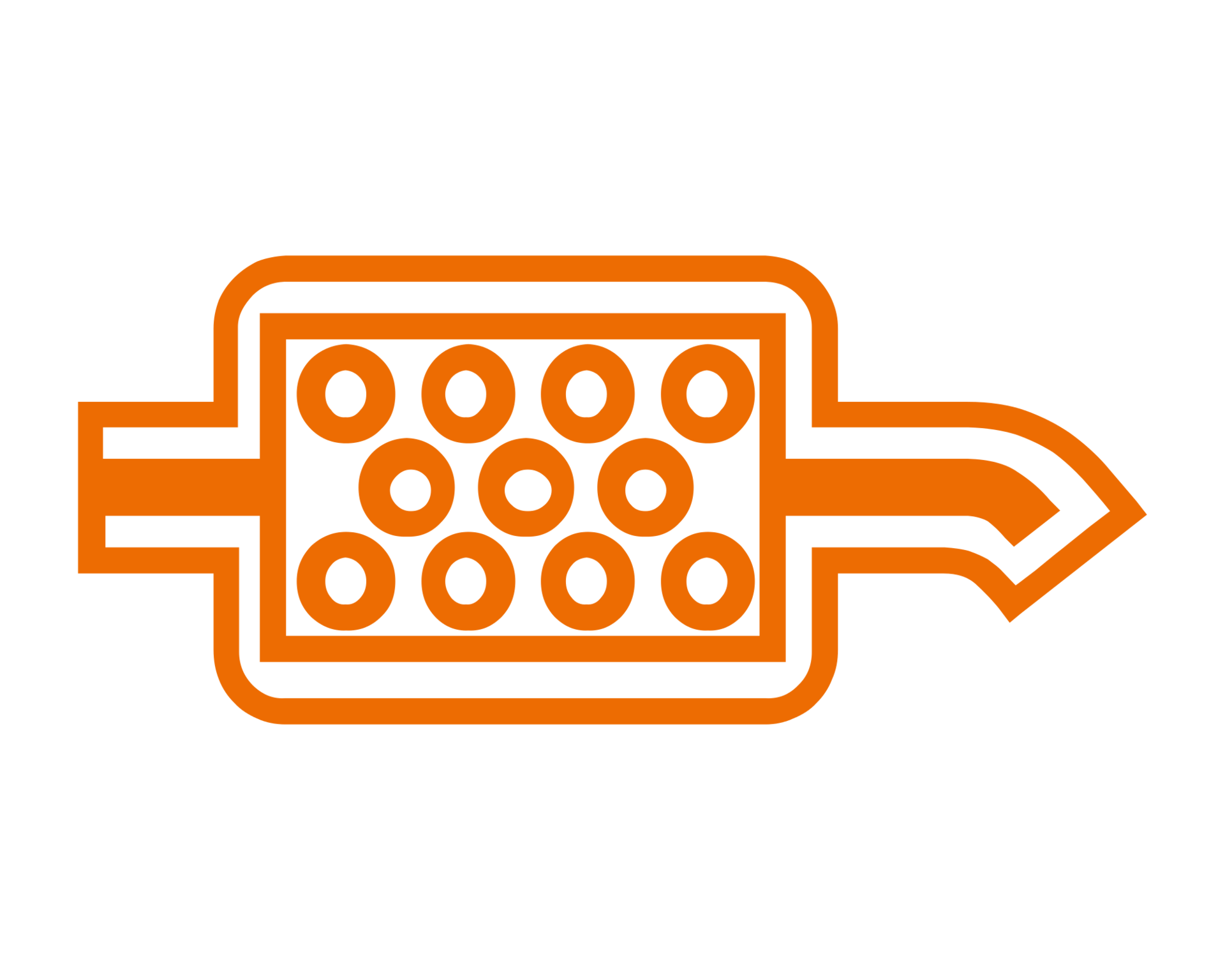3 Diesel Car Buying Tips To Keep You On The Road

Diesel cars have been in the news regularly lately, largely due to a government U-turn on the taxation of them.
Many owners have been dismayed to find that the diesel car they purchased to save money is now being penalised compared to the petrol equivalent - with diesel car tax seeing significant increases from April 2018.
In addition, London has announced an Ultra Low Emission Zone as of April 2019, with stricter standards for diesel cars than petrol - and possibly further diesel car levies as early as 2020.
To explain the reasons for this let’s start with the differences between petrol and diesel cars.
Diesel cars vs petrol cars - what’s the difference?
Diesel cars are 3 times more likely to go wrong than their petrol equivalents.
We studied 30,000 used cars, all aged between three and eight-years old, and found that diesel engines also cost 20% more to fix when they do go wrong, with an average repair cost of £517 compared with £433 for petrol versions.
Diesel cars are less reliable than petrol for more than seven in 10 manufacturers (71%), with Alfa Romeo oil burners proving the least reliable and Skoda's diesel vehicles the most trustworthy.
But why are diesels less reliable?
In a nutshell, the reasons behind this are all related to the different properties of diesel and petrol fuel.
A car’s engine operates by burning this fuel to generate the energy required to propel you forwards. Diesel is less flammable than petrol, and so must burn using a method called “compression ignition”. In order to burn diesel it needs to be put under lots of pressure.
This pressure, which isn’t required in petrol cars, puts additional strain on the engine and many of its related components. The result of this? Parts wear out faster and fail more frequently.
So, how can you minimise and avoid diesel faults?
Protect your diesel with the UK's best car warranty
Diesel Cars - 3 tips to success
"Diesel cars are 3 times more likely to go wrong than their petrol equivalent"
Diesel Rule 1: NEVER buy high mileage
To be clear - avoid diesel cars with over 100,000 miles on the clock.
Just avoid them. Really. They will cost you money, time and hassle.
Of course there are exceptions to every rule, but it isn’t worth taking a chance with these vehicles. If you must buy a high-mileage car, buy the petrol model with the largest engine.
Why?
The same driving style will have a smaller engine straining to 90% of its capacity, but a larger engine would be cruising along at 70%. Less strain means less repairs.
When it comes to older vehicles I frequently get asked “Is car age or mileage more important?” An older car wins every time against one which has been driven further - which makes sense if you think about it…
Diesel Rule 2: Change oil EVERY year (or more)
If you’re already a proud diesel owner, commiserations for your extra cost and depreciating asset and, secondly, ensure your car is serviced annually at MOT test time. At the very least, make sure you change the oil every year.
This point isn’t just specific to diesels, but I can’t overstate how much of a difference it makes to your car’s reliability and running costs.
Oil lubricates your engine, as diesel engines are under more pressure than their petrol counterparts its even more vital to keep them lubricated. New, clean oil also helps maintain the correct oil pressure. When the oil pressure isn’t maintained many components are put under strain and will fail later.
With 3 times as many faults as petrol cars, you can’t afford to take chances with diesel reliability!
I can’t overstate how important this is - every day I see significant repair costs which could be avoided easily through a simple annual oil change. It takes 45 minutes of your time or should cost around £100 if you get someone else to do it.
Worth it in my opinion to avoid a four figure repair bill - as well as a breakdown in rural Scotland when you can least afford it - a car warranty can offer protection against this.
Diesel Rule 3: Don't buy diesels for low mileage or inner city life
Also known as “diesel car city driving”, you want to avoid doing this. It’s well known by petrolheads, but always worth explaining why.
Driving at low speeds and short distances clogs up your Diesel Particulate Filter (DPF) quickly. The effect of this is much slower if you have a high annual mileage (think 10,000+ miles per year) or drive mainly on motorways.
While manufacturers issue diesel car maintenance guidelines to unclog these, it’s one more thing that can and often does go wrong. When they do it can be expensive to repair - we’ve seen bills up to £1,200.
Petrol cars in comparison require only a catalytic converter to handle emissions - which is also present in diesels.
So, should i avoid buying diesel cars?
Not necessarily.
If it’s a great price for a low mileage example and you do the right mileage, go for it.
"November 2017 saw diesel sales drop 30% compared to the previous year"
Diesel scrappage schemes are being pushed by a number of manufacturers as owners try to sell their cars. In fact, dealers are already reporting consumer changes - November 2017 saw diesel sales drop 30% compared to the previous year.
Consequently stock levels rise, meaning UK diesel car prices are dropping - in fact new diesel discounts are 25.6% higher than petrol cars.
As a motorist, there are some great deals to be had - I suspect you’ll see more and more “Diesel Car Sale” promotions and special offers in the near future.









